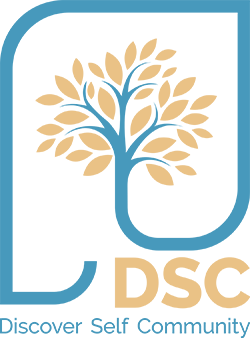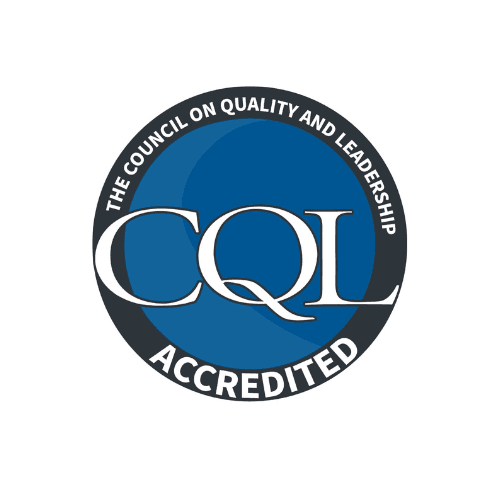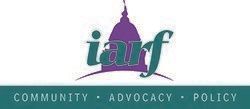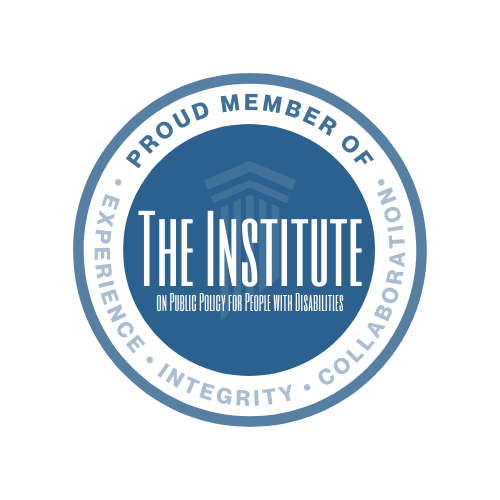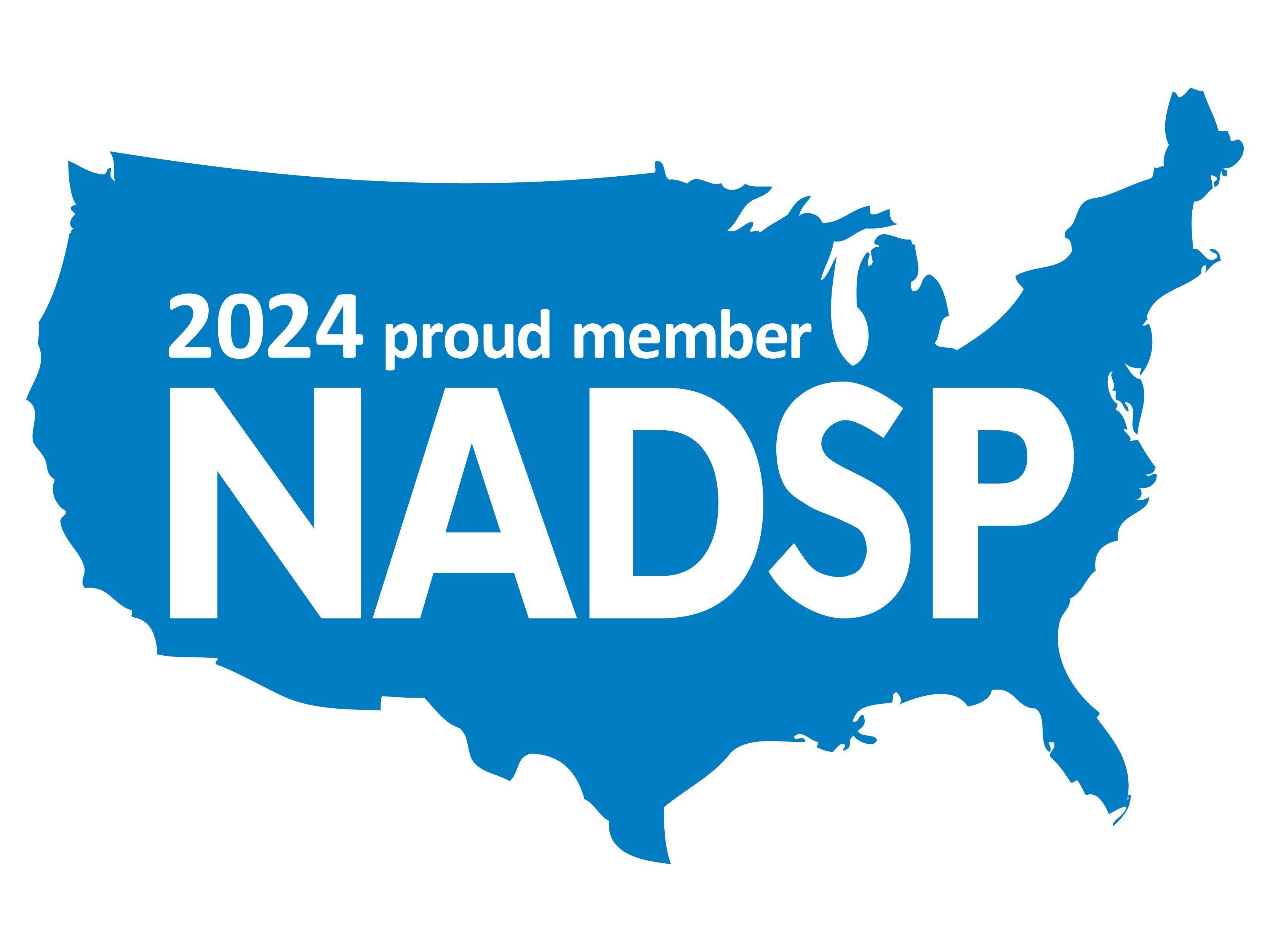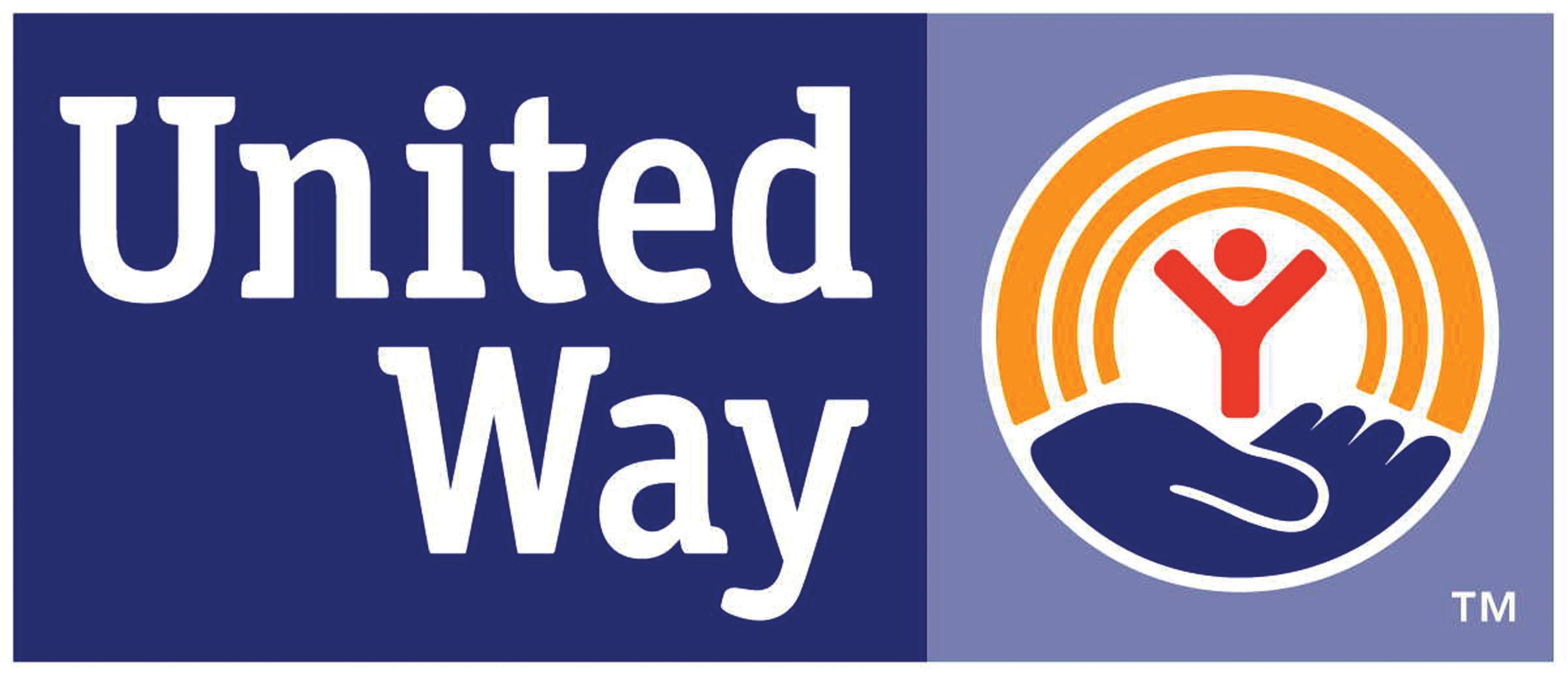The Etheridge Family
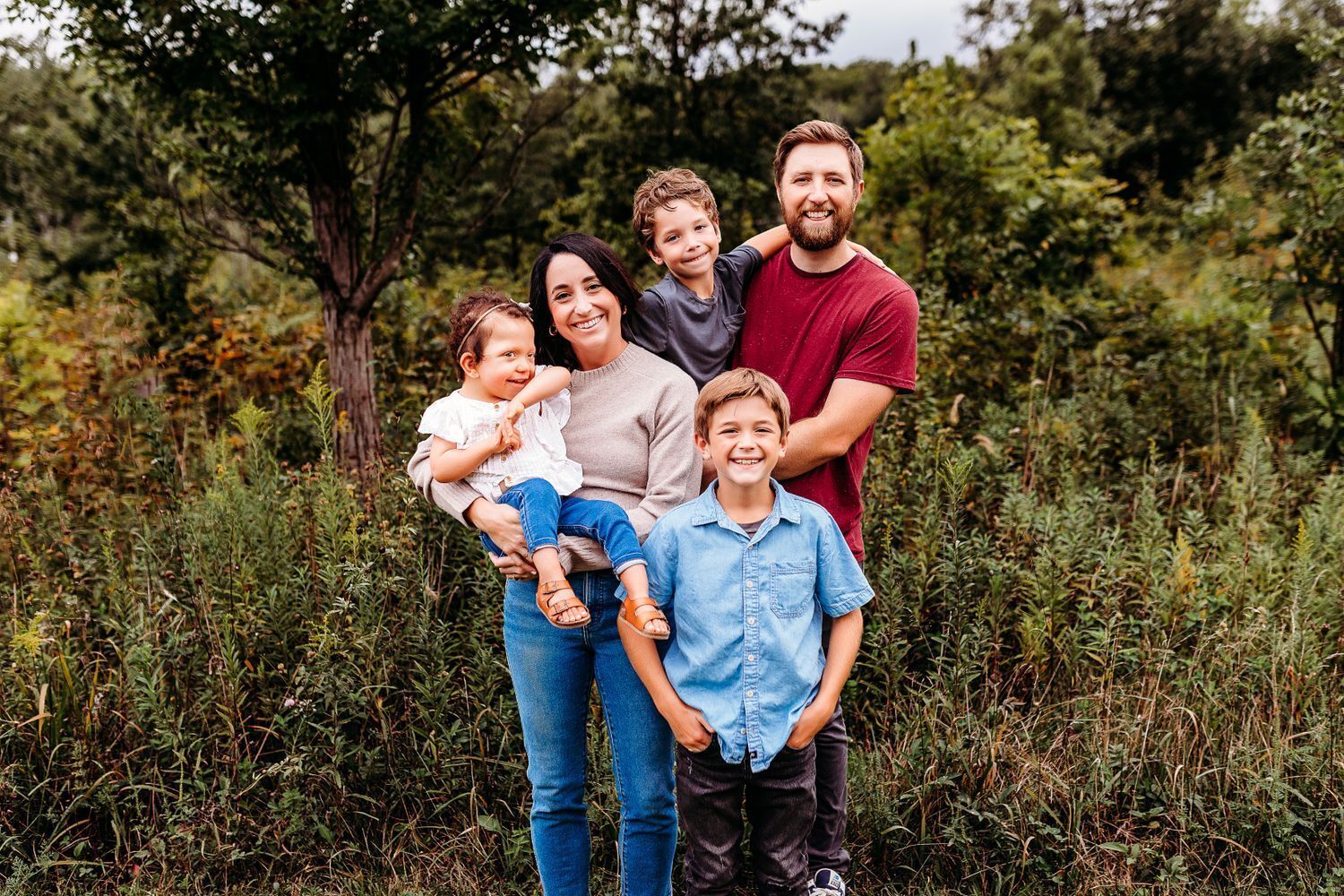
“The genetic report is in. We need to talk in person.”
Hearing those words and then the diagnosis of Cardio Facio Cutaneous Syndrome (CFC) will forever be one of those moments in time that mark a turning point for our family. At that time, we had two healthy boys, Rhodes and Forrester, and our precious Avonlea was only five weeks old with beautiful black curly hair.
This pregnancy started out normal, just as it had with Rhodes and Forrester. We were so excited to add another child to our family. Close to the end of the second trimester, I started to retain amniotic fluid. During the third trimester, there were some abnormalities found during an ultrasound, and as a precaution, I spent a month admitted to the hospital in Peoria waiting for her arrival, and then after she was born at 34 weeks, she spent a month in the NICU getting healthy enough to come home.
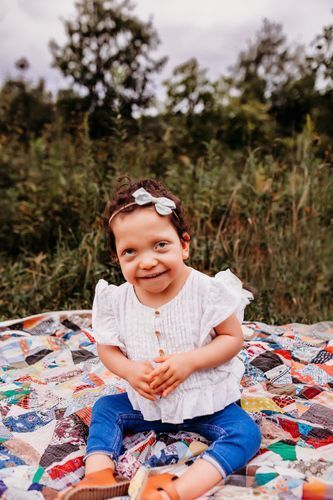
When the doctor gave us the name of our tiny new baby’s diagnosis, all I could feel was fear. CFC is a very rare genetic condition that affects less than 800 people worldwide. After a quick Google search of her syndrome, the fear only grew as we read through the 20 or more medical complexities, such as seizures, congenital heart defect, delayed growth and development, intellectual delays, and unknown life expectancy. Our hearts still ache remembering how in a moment all the dreams we had for our daughter were pulled out from underneath us.
But, what Google couldn’t tell us was the contagious joy that spreads every time our Avonlea smiles—the way her giggles and coos cause us all to stop what we are doing so we can sit and enjoy her; the way she waves to her preschool classmates when she wheels into the room; or how she melts into the arms of anyone lucky enough to snuggle her.
What the Google results also couldn’t tell us was this incredible community we suddenly became a part of that would embrace us as we walked this unexpected journey. A community we never would have known existed. There have been many therapists that have listened as I cried, and they have also celebrated what we call “inchstones,” Avonlea’s accomplishments after months of hard work. They also offered hope of how they had seen families like ours thrive even within the challenges. We didn’t know there were organizations like DSC that would surround us with support, resources, encouragement, and guidance. We also didn’t realize how many new friends we would have as we met other families affected by disability. We have been able to walk our journeys together in community, rather than isolation.
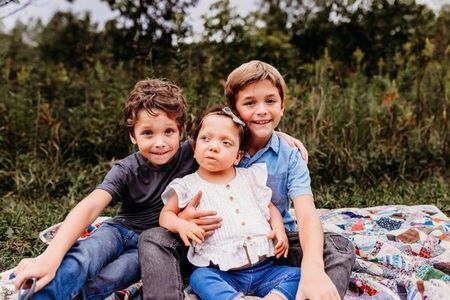
Avonlea is now three years old and she loves life. She communicates through her smiles, waves, and deep sighs. She loves music and clapping. If she could be snuggled and sung to all day, she would never complain again. Her brothers adore her. They have learned to comfort her when she is in pain, push her wheelchair, and they love teaching their friends about how she gets to eat all her vegetables straight into her stomach (through a feeding tube). She also loves her service dog, Luka, who goes with her to school and church and is learning to alert us for seizures and low blood sugar.
DSC, in particular, has come alongside our family in so many different ways. Since we received her diagnosis in January 2020, we were limited on the resources we could access. However, DSC jumped in and helped us coordinate respite services, which has been crucial for our marriage and mental health. They provided an adaptive chair—critical for postural support for Avonlea that our doctor prescribed and insurance denied twice. They have also provided incredible therapists that have brought expertise into our home, helping us learn how to continue therapy strategies throughout the week.
Also, with the help of DSC, we recently received an augmentative and alternative communication (AAC) device for Avonlea. Using head movements to make on-screen selections, Avonlea is learning to communicate with individual family members and engage in conversations, enhancing her ability to interact with people around her, and build relationships.
We often say that before Avonlea, we only saw families like ours—families with 2+ healthy kids who loved school and sports. Avonlea has provided the gift of peripheral vision. We now have a broader vision to see so many more kids and families like ours that are on this unpredictable journey of disability. Organizations like DSC make it possible to press on through the challenges, better equipped with therapy, community, and financial support. We are thankful for DSC and hopeful for Avonlea’s future.
Please help light the way for our family and many others by making your Tree of Hope donation today!
